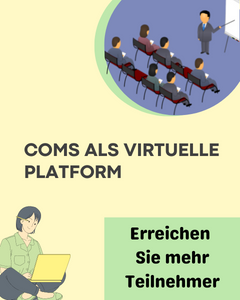Konferenzen > Mathematik > Mathematische Logik, Grundlagen der Mathematik
Wählen Sie ein Land aus
ALLE LÄNDER (2)
1
Additivity Problems in Quantum and Classical Information Theory
12. Jul 2026 - 17. Jul 2026 • Banff, Alberta, Kanada
Eintrags-ID:
1668734
2
LFCW02 — Logical foundations of complexity theory
19. Okt 2026 - 23. Okt 2026 • Cambridge, Großbritannien
Eintrags-ID:
1685046
Webseite:
Conference-Service.com stellt der Öffentlichkeit ein Kalendarium wichtiger Konferenzen, Symposien und sonstiger Tagungen im wissenschaftlich-technischen Bereich zur Verfügung. Obwohl das Verzeichnis mit großer Sorgfalt zusammengestellt und ständig aktualisiert wird, weisen wir auf die Möglichkeit von Fehlern ausdrücklich hin. Bitte vergewissern Sie sich immer beim Veranstalter, bevor Sie über die Teilnahme oder Nichtteilnahme an einer Konferenz entscheiden.
Stand vom 25. November 2025



